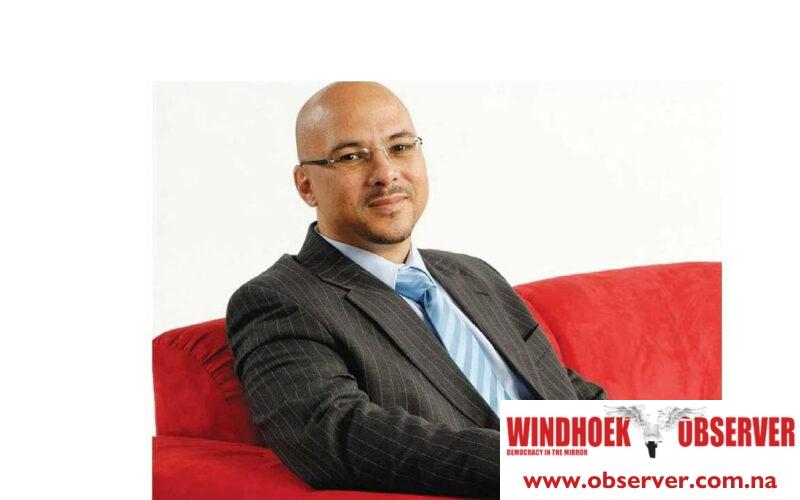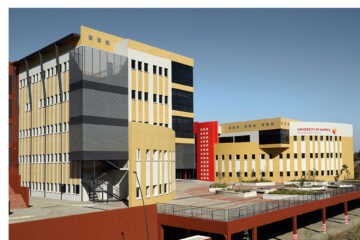Martin Endjala
Development Bank of Namibia has recorded a net loss of N$270 million during the 2022/23 financial year compared to last year’s net loss of N$184.5 million.
The loss is attributed to the COVID-19 pandemic, high inflation rates and poor economic performance amongst others.
This is according to DBN’s Chief Executive Officer John Steytler, at the launch of the bank’s 2022/23 integrated annual report yesterday in Windhoek.
“In today’s rapidly changing world, businesses have faced a multitude of challenges, from climate change to social inequality, from technological disruption to regulatory shifts, the landscape is more uneven than ever before,” he said.
Steytler stated that while embracing these challenges and opportunities that come with them, DBN has embarked on a journey of transformation through innovations, a people-centred bank and responsible resource management, adding that they are not only weathering this form of change, but instead, the bank remains stronger and resilient.
He believes that the annual report is inseparable from the environmental and social impact, and their sustainability demonstrates their commitment to both governance and catering to the needs of the people through fostering diverse inclusivity in the sphere they operate.
The report according to Steytler, is a further indication that the bank remains accountable, transparent and under the governance of the country, by ensuring that it speaks to all social issues while asserting that DBN will continue to uphold these core values at times in all its operations.
However, DBN’s Chief Financial Officer Jantje Daun painted a rather concerning picture of the loan book, with loans and advances reported at N$6.56 billion reduced by N$408 million compared to 2022 at N$6.97 billion.
She said the depressed economic landscape slowed down loan book growth in 2022/23 and has further seen a rise in non-performing loans and provisions from 26 percent, 18 percent to 34 percent and 20 percent.
Daun said the trend continued, leading to a worsening quality of the loan book, with total assets currently standing at N$7.79 billion, a reduction of nine percent to the 2022 results, due to shrinkage of the loan book and write-offs.
While explaining that the National Energy Fund loan repayment of N$220 million, funded with the strategic fuel storage levy, makes up more than 50 percent of the reduction.
Additionally, the Neckartal Dam loan was reduced by N$97 million due to repayments in loans and advances. Operating expenses increased to N$153 million, while it continues to maintain a strong capital base of three billion Namibian Dollars which can absorb the recorded loss during the year under review.
Daun highlighted that the significant growth in credit in the past, coupled with slow economic recovery and a reduction in security values increased to N$77 million, compared to the previous year of N$428 million in provision.
Furthermore, DBN’s net interest income currently stands at N$348 million, an increase of 2.4 percent from the previous year.
According to DBN head of business strategy Heike Scholtz, the bank approved N$1.50 billion in loans during the year under review, with N$1.3 million said to have been taken up by small and medium enterprises, with job creation set at 2000. With 78 of these SMEs reported to be given to young people, promising another possible job creation of 140.
She said the leading industries in terms of SME loan schemes uptake are construction companies at N$438 million, transport at N$507 million and manufacturing at N$243 million.




